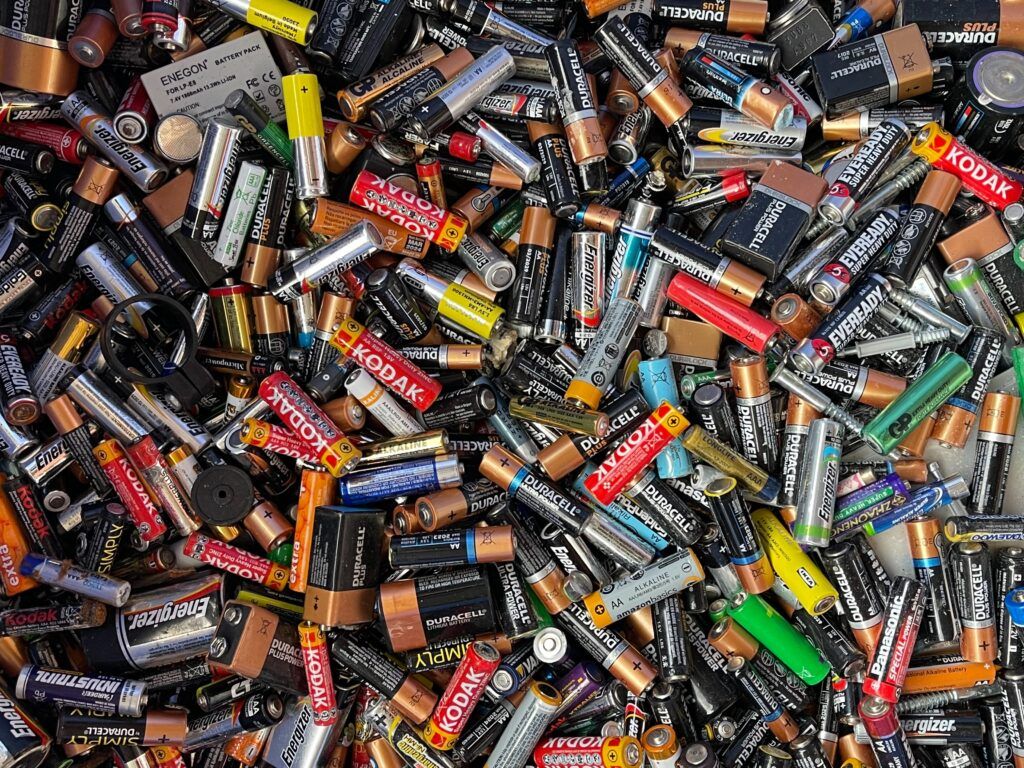Publicaciones relacionadas:
 Scientists solve mysteries of the world’s oldest computer
Scientists solve mysteries of the world’s oldest computer
 Smart materials help heal wounds
Smart materials help heal wounds
 Greek island Tilos picks up award for clean energy transition
Greek island Tilos picks up award for clean energy transition
 UAL and Nostoc Biotech study on the efficacy of earthworm humus on the productivity and quality of peppers
UAL and Nostoc Biotech study on the efficacy of earthworm humus on the productivity and quality of peppers
 Can life from Earth survive on a planet like Mars?
Can life from Earth survive on a planet like Mars?


Leave a Reply